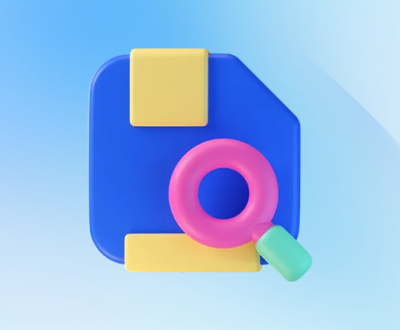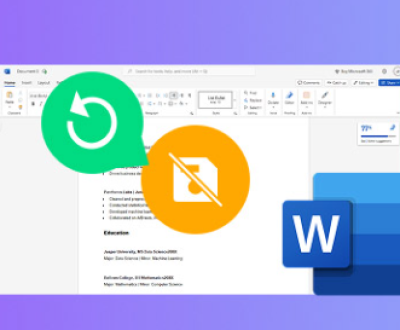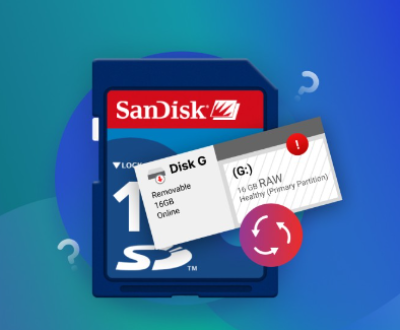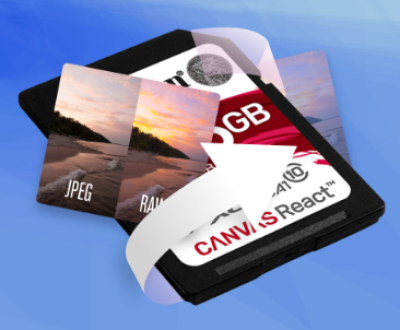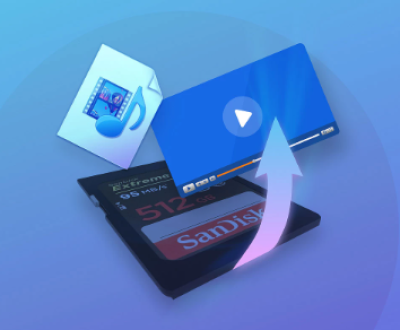Solid-State Drives (SSDs) offer a major leap forward from traditional hard drives (HDDs). With faster speeds, greater durability, and higher reliability, SSDs eliminate bottlenecks and help protect your valuable music archives from the pitfalls of mechanical failure.
Why Choose an SSD for Music Storage?
Before getting into the best options, it’s important to understand why SSDs are ideal for music storage.
Speed:
SSDs have significantly faster read and write speeds compared to HDDs. This translates to quicker loading of tracks, faster transfers, and near-instant access to large music libraries.
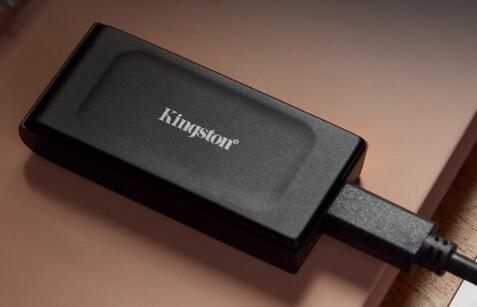
Reliability:
SSDs have no moving parts, making them much less susceptible to physical damage, vibration, or wear and tear over time.
Portability:
SSDs are lightweight and compact perfect for musicians and DJs who are constantly on the move.
Silence:
SSDs operate silently. No spinning disks or mechanical noise makes them perfect for recording studios where a quiet environment is essential.
Shock Resistance:
Accidentally dropping an HDD can be fatal. SSDs can survive drops and impacts better, keeping your precious tracks safe.
Top SSD Outboard Drives for Music Storage in 2025
Here’s an in-depth look at the leading options:
1. Samsung Portable SSD T7 Shield
Why It’s Great:
An outstanding blend of speed, ruggedness, and affordability, the Samsung T7 Shield is a favorite among creatives.
Capacity Options: 1TB, 2TB, 4TB
Speed: Up to 1050 MB/s read, 1000 MB/s write
Interface: USB 3.2 Gen 2 (USB-C)
Features: IP65 rating (water and dust resistance), AES 256-bit encryption
Pros:
Fast and consistent performance
Rugged design for traveling musicians
Works across Windows, Mac, Android, and consoles
Cons:
Slightly bulkier than the standard T7
2. SanDisk Extreme Portable SSD V2
Why It’s Great:
SanDisk delivers professional-level performance in a compact, stylish package.
Capacity Options: 500GB, 1TB, 2TB, 4TB
Speed: Up to 1050 MB/s
Interface: USB 3.2 Gen 2
Features: IP55 water and dust resistance, durable silicone shell
Pros:
Ultra-portable and lightweight
Very rugged
Great performance at an excellent price
Cons:
Cable could be longer
3. Crucial X8 Portable SSD
Why It’s Great:
Offering excellent value, the Crucial X8 is a budget-friendly drive that doesn’t skimp on performance.
Capacity Options: 500GB, 1TB, 2TB, 4TB
Speed: Up to 1050 MB/s
Interface: USB 3.2 Gen 2
Pros:
Metal unibody construction
Competitive pricing
Compatible with PC, Mac, iPad Pro, PS4. Xbox One
Cons:
No waterproof rating
4. LaCie Rugged SSD Pro
Why It’s Great:
Designed for extreme environments, LaCie’s Rugged SSD Pro is trusted by professionals worldwide.
Capacity Options: 1TB, 2TB
Speed: Up to 2800 MB/s (Thunderbolt 3)
Interface: Thunderbolt 3
Pros:
Built like a tank
Ultra-fast Thunderbolt speeds
Ideal for massive studio libraries
Cons:
Expensive
5. WD My Passport SSD
Why It’s Great:
Western Digital’s My Passport SSD is a beautifully designed, reliable drive at a mid-range price.
Capacity Options: 500GB, 1TB, 2TB, 4TB
Speed: Up to 1050 MB/s
Interface: USB-C and USB-A adapters included
Pros:
Attractive design
Hardware encryption
Broad compatibility
Cons:
Surface can be slippery
Best Practices for Using an SSD for Music Storage
Here are key tips to keep your music safe and your SSD performing at its best:
Back Up Regularly: Always keep multiple backups of your music library.
Organize Your Files: Use clear folder structures and consistent naming conventions.
Safely Eject Drives: Prevent corruption by properly ejecting your SSD after use.
Avoid Filling to Capacity: Leave 10–20% free space for optimal SSD performance.
Monitor Drive Health: Tools like Samsung Magician or WD Dashboard can help.
Portability vs. Stationary Drives
If you travel often for gigs, tours, or collaborations, prioritize compactness, durability, and USB-C/Thunderbolt compatibility.
If you work primarily in a studio, raw speed and larger capacity may outweigh ruggedness or size concerns.
Thunderbolt vs. USB-C for Music Storage
Thunderbolt 3/4:
Offers ultra-fast speeds up to 40Gbps, ideal for heavy-duty producers managing massive project files.
USB 3.2 Gen 2:
More common and still very fast (up to 10Gbps), sufficient for most musicians and DJs.
For maximum future-proofing and versatility, a drive supporting both USB-C and Thunderbolt is the best choice.
Security Considerations for Music Libraries
Protect your music investments with:
Hardware Encryption: Prevent unauthorized access if your drive is lost or stolen.
Password Protection: Many SSDs offer integrated password protection software.
Backup Solutions: Combine your SSD with cloud backup (like Dropbox, Google Drive, or Backblaze).
Final Thoughts: Choosing the Best SSD for Music Storage
Choosing the right SSD for your music collection isn’t just about storage space; it’s about speed, reliability, and security.
If you’re a traveling DJ, consider the Samsung T7 Shield for its ruggedness.
If you’re a studio producer with heavy audio editing needs, the LaCie Rugged SSD Pro with Thunderbolt might be your best investment.
For budget-conscious music lovers, the Crucial X8 or SanDisk Extreme Portable SSD V2 offer incredible value.
About us and this blog
Panda Assistant is built on the latest data recovery algorithms, ensuring that no file is too damaged, too lost, or too corrupted to be recovered.
Request a free quote
We believe that data recovery shouldn’t be a daunting task. That’s why we’ve designed Panda Assistant to be as easy to use as it is powerful. With a few clicks, you can initiate a scan, preview recoverable files, and restore your data all within a matter of minutes.
Subscribe to our newsletter!
More from our blog
See all postsRecent Posts
- How to recover lost files on sd card 2025-07-18
- How do i recover a lost document in word 2025-07-18
- How to recover lost files on windows 10 2025-07-18

 Try lt Free
Try lt Free Recovery success rate of up to
Recovery success rate of up to

